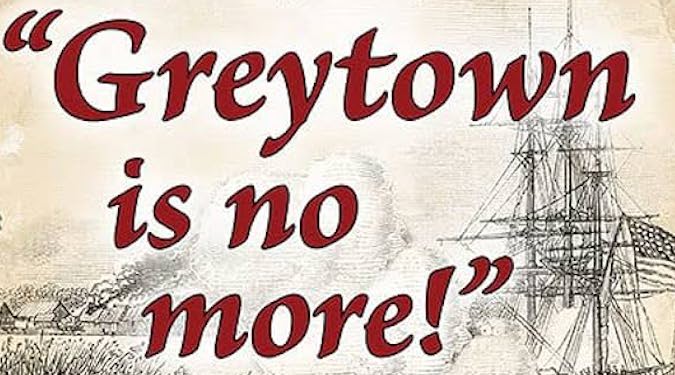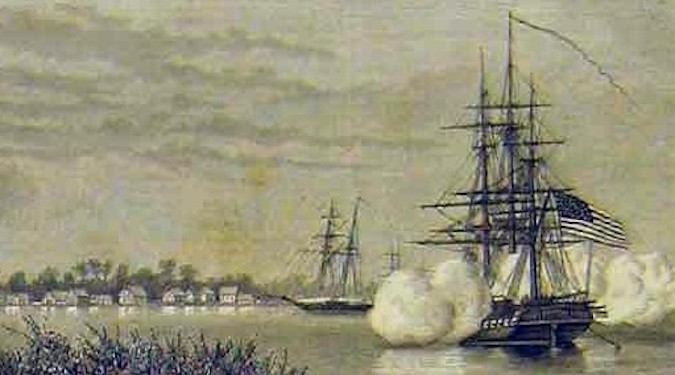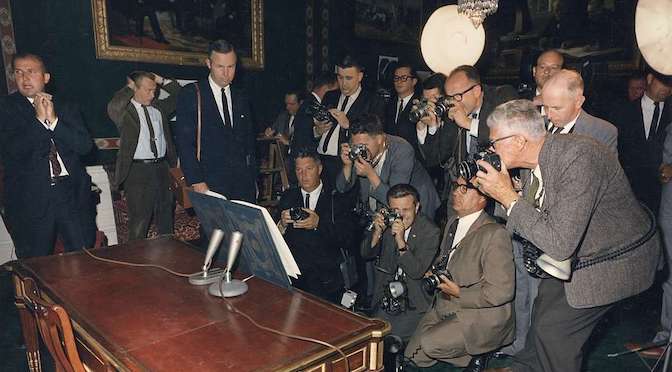I have read Tyler Smotherman’s review of my book, Greytown Is No More! I am much buoyed by the many positive passages to be found throughout its 17 pages. I wish to thank the reviewer, Tyler Smotherman, JNSLP Managing Editor Todd Huntley, and Editor-in-Chief William C. Banks for their efforts. I would like to take… Continue reading Will Soper Responds to Tyler Smotherman’s Review of “Greytown Is No More!”
Tag: Executive Privilege
Greytown, Great Power Politics, and History’s Grey Areas
Tyler R. Smotherman reviews Will Soper’s “Greytown Is No More!” The 1854 Razing of a Central American port, the U.S. Businesses Behind Its Demise, and the Lasting Foreign Policy Legacy, which looks at the cause of Greytown’s destruction and takes a critical look at the court’s subsequent ruling in Durand v. Hollins. Smotherman praises the… Continue reading Greytown, Great Power Politics, and History’s Grey Areas
Congressional and Supreme Court Restraints on Treaty Termination Carried Out at the President’s “Lowest Ebb” of Authority
Shervin Taheran illustrates the alarming trend of US presidents who indicate they can unilaterally withdraw from treaties without congressional approval. She argues the Executive Branch is not the “sole organ” to decide whether the United States can terminate a treaty. After examining international law pertaining to treaties, Taheran discusses how constitutional principles, textual evidence, historical… Continue reading Congressional and Supreme Court Restraints on Treaty Termination Carried Out at the President’s “Lowest Ebb” of Authority



